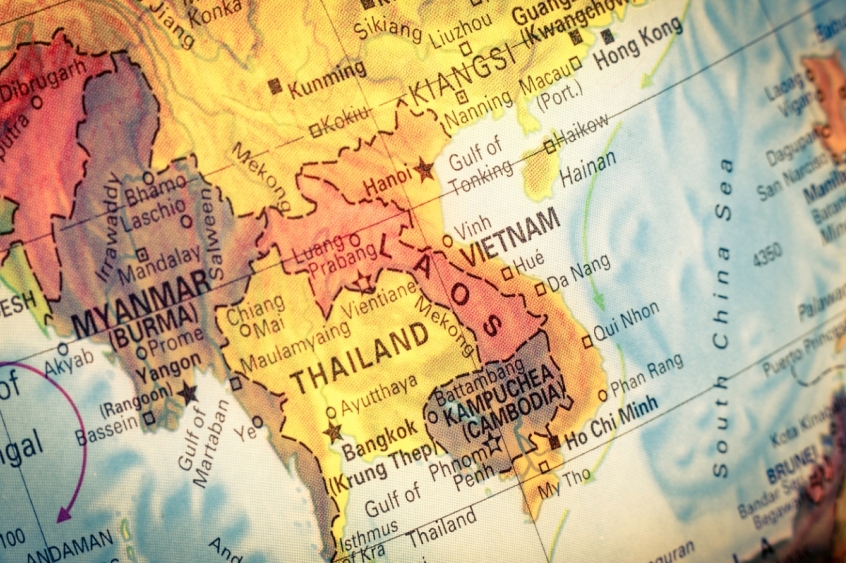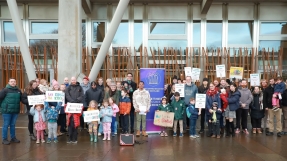
Four families who converted to Christianity have been expelled from their village in Vietnam's Nghe An province.
Xong Ba Thong, father of one of the families, explained to Radio Free Asia that his whole family converted to Christianity in 2017 after listening to Christian radio broadcasts.
His was one of the four families who converted – a move that was not welcomed by villagers or authorities in a country that is officially Communist and atheist.
The families faced house visits from village officials and summons to the commune headquarters. Local officials also confiscated their plough and cut off their electricity, undermining their livelihood
Xong Ba Thong sent a report to the Evangelical Church of Vietnam (North). In it, he reportedly catalogued their ill-treatment at the hands of local authorities.
He also spoke to regional officials. However, it was to little avail.
"The day I met the district delegation, I read the law on belief and religion to them all, but they said the law has no effect in the district, this province," Thong says.
"They said that no one [in the commune] followed a religion. They also said that [by following Protestant Christianity] we have greatly affected national unity."
Despite the pressure from government officials to renounce their newfound faith, the ethnic Hmong families joined the Evangelical Church of Vietnam (North) which is officially state-approved.
However, this did not improve matters.
Following a community vote on 4 June, Thong's family was officially expelled from the village with three others, totalling 16 people in all. As a result, the families no longer have access to public services and cannot obtain vital identity documents such as birth certificates.
"Now that they are already back in their village, village authorities have instructed market entrepreneurs within and in neighbouring villages to prohibit these believers from selling or buying any goods or produce," explains Open Doors partner Vui.
"They have to travel to another district, which could take hours, if they want to sell their produce or buy provisions."
Vietnam adopted a new Law on Belief and Religion in 2018, supposedly to offer increased protection to citizens from religious minorities. However, the law has been criticised by Open Doors-funded monitoring group World Watch Monitor as 'restrictive' and 'not properly implemented' across much of the country.
One Hmong church leader who fled the country shared, "This happens a lot, and has happened for many years ... Commune or village authorities do not understand the law or the constitution about religion."
Open Doors partner Vuis says, "Nghe An province is one of the toughest places in Vietnam for Christians to be living. The province is the birth place of Ho Chi Minh, founder of the Indochina Communist Party.
"Several incidents recently have been reported that believers were beaten and had their properties destroyed, with some kicked out of their villages because of their faith in God."
Vietnam's Communist government is suspicious of Protestant Christians, many of whom belong to the Hmong and Montagnard ethnic minorities, as they are seen as representatives of Western countries and therefore potential troublemakers.
Christian Solidarity Worldwide (CSW) reports that the government is planning to amend the 2018 religion law. Observers, among them church leaders, are concerned that the two draft decrees will increase the government's control over religious affairs, including online meetings, with fines of up to 60 million VND (£2,100) for failing to adhere to the regulations.
Vui tells Open Doors, "We need to pray that Xong Ba Thong, his family, his relatives, and other Christians in Nghe An province will stand strong in faith, bold in their testimony, and become salt and light in their community despite challenges."
Vietnam is 19th on the Open Doors World Watch List of the 50 countries where it is most difficult to live as a Christian. It is also on the list of countries that the United States Commission on Religious Freedom considers to be the worst religious freedom violators.













